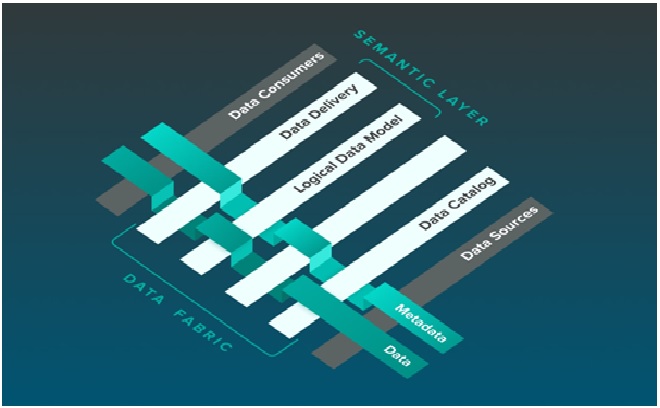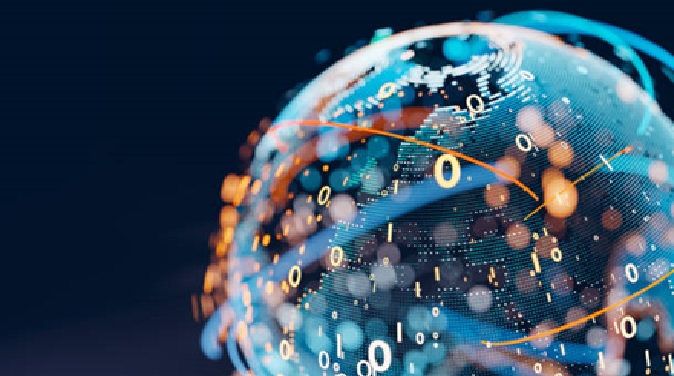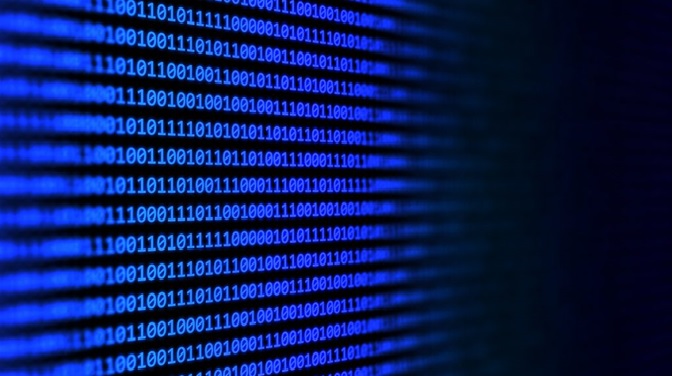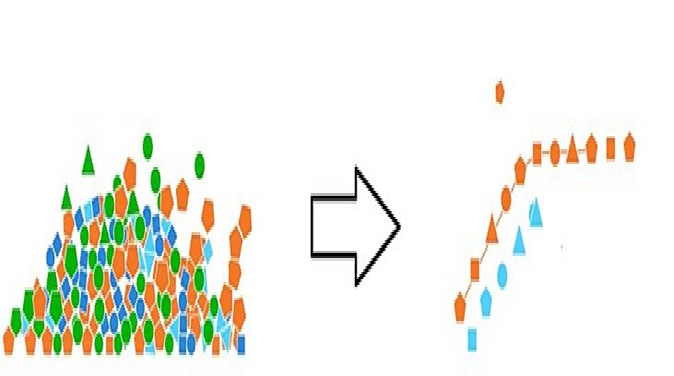Ethics Data Science
Ethics in data science refers to the moral principles and standards that guide the collection, analysis, and use of data. As data science becomes more widespread, there is growing concern about the ethical implications of data collection, analysis, and use.
Data science has a significant impact on how businesses are conducted in disciplines as diverse as medical sciences, smart cities, and transportation. Whether it is the protection of personally identifiable data, implicit bias in automated decision-making, the illusion of free choice in psychographics, the social impacts of automation, or the apparent divorce of truth and trust in virtual communication, the dangers of data science without ethical considerations are as clear as ever. The need for a focus on data science ethics extends beyond a balance sheet of these potential problems because data science practices challenge our understanding of what it means to be human.[1]

Figure .1 Ethics in data science
Figure 1 shows Ethics in data science, Here are some of the key ethical issues in data science:
- Privacy:Data scientists must be aware of privacy laws and regulations when collecting and analysing data. They must also take steps to ensure that personal data is not shared or used inappropriatel
- Bias:Data scientists must be careful to avoid bias when collecting and analysing data. They must be aware of the potential for bias in their algorithms and take steps to minimize it.
- Transparency:Data scientists must be transparent about the data they collect and how it is being used. They must also be transparent about the algorithms they use and how they make decisions.
- Fairness:Data scientists must ensure that their algorithms and decisions are fair and do not discriminate against certain groups of people.
- Responsibility:Data scientists have a responsibility to ensure that their work is being used for good and not harm. They must be aware of the potential implications of their work and take steps to mitigate any negative effects.
To address these ethical issues, many organizations are adopting codes of ethics and best practices for data science. These codes and practices provide guidelines for data scientists to follow and help ensure that their work is conducted in an ethical manner.
While Data Science, specifically data collection and machine learning, is not inherently unethical, there are still several practices you should be aware of before you dive in. I certainly feel like I learned more about the ethics surrounding data science, and why there could be better visibility.[2]
References:
- https://www.analyticsvidhya.com/blog/2022/02/ethics-in-data-science-and-proper-privacy-and-usage-of-data/
- https://towardsdatascience.com/the-ethics-of-data-science-55bcba9b4ecb
Cite this article:
Janani R (2023),Ethics in data science, AnaTechMaz, pp.57















